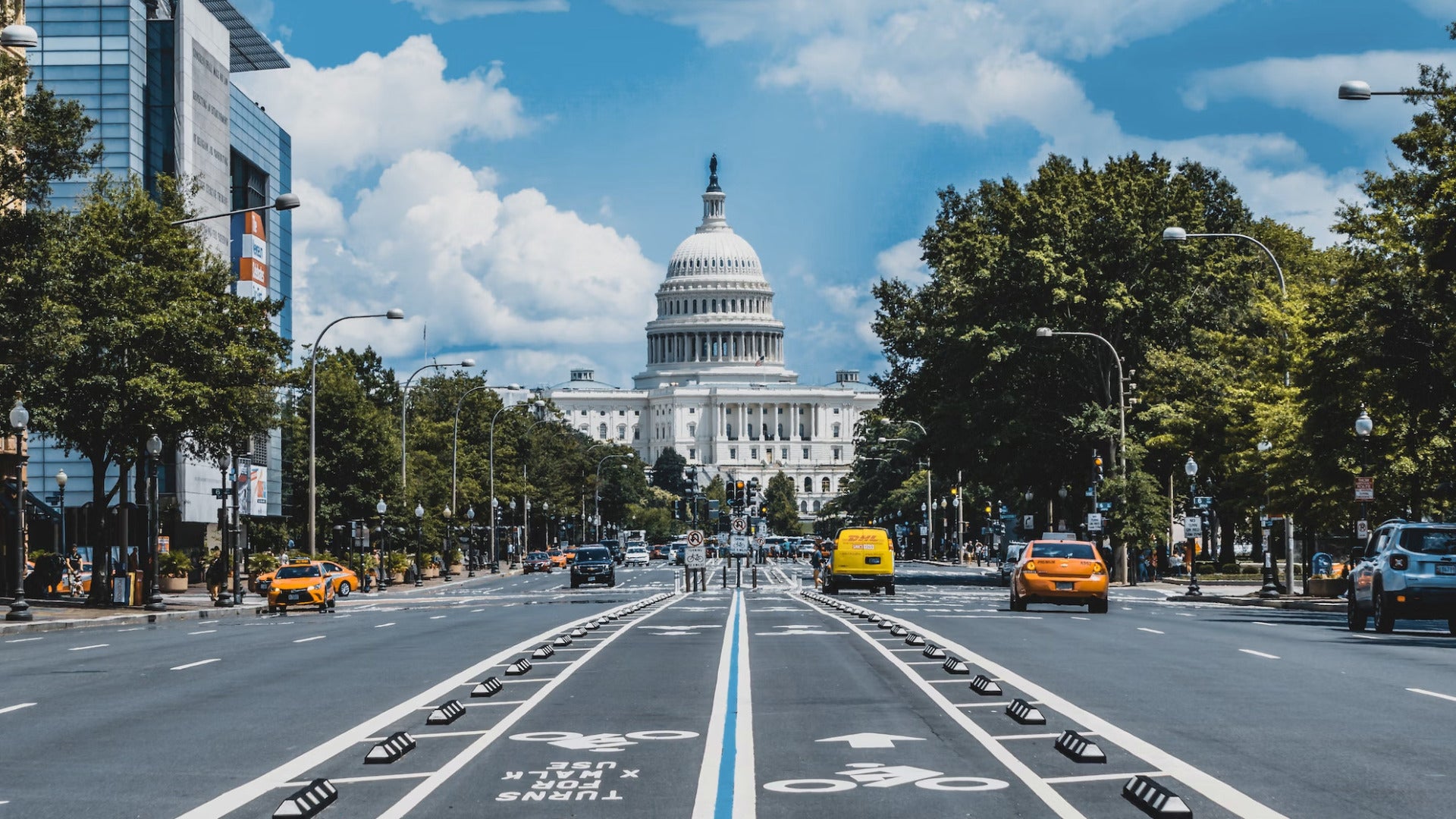The following is a recap of a Society of Fellows Digital Discussion. To listen to the full recording and participate in live programs like this, join the Society of Fellows today. To learn more, contact the SOF team at sof@aspeninstitute.org or visit our website.
In “Framing the 2020 Election: Major Inflection Points in US History,” the Society of Fellows hosted a wide-ranging exploration of notably contentious elections and other moments of political conflict in US history. The conversation provided context for the current national discord ahead of the November 3rd election. It featured Eric Foner, DeWitt Clinton Professor Emeritus of History at Columbia University; Meg Jacobs, a senior research scholar at Princeton University; and Jelani Cobb, a staff writer for The New Yorker.
Cobb kicked off the conversation by asking the panelists to contextualize this year’s highly consequential election. Foner began by noting that, while conditions for our elections are set by the US Constitution, it doesn’t offer a lot of context. For example, in the case of disputes, “we’re sort of flying blind,” he said.
Foner referenced the 1876 election of Rutherford B. Hayes as a highly contested election. In describing the events, he said that it’s not impossible for the same thing to happen again today.
While the US Constitution does not say much about elections, 14th Amendment penalizes any state that denies citizens the right to vote by reducing their representation in Congress. Yet there are states today that have pushed voters off their rolls in spite of this. “It has never been enforced,” Foner said. “I am starting a movement to enforce the second section of the 14th Amendment.”
History will not always provide us with the answers we seek. “I don’t like to try and predict the future; we have enough trouble trying to figure out the past,” Foner noted. Still it gives us the context we need to better understand and address today’s most challenging issues.
The Society of Fellows is a national community of diverse and distinguished leaders who sustain and support the values-based work of the Aspen Institute. SOF members enjoy unparalleled access to Institute programs and events, including unique experiences with nationally recognized speakers and thought leaders. They are the first to know about Aspen Institute events, and they receive special invitations to member-exclusive programs across the country. Join the Society of Fellows to advance the mission of the Aspen Institute and experience the deepest level of engagement with its work.


